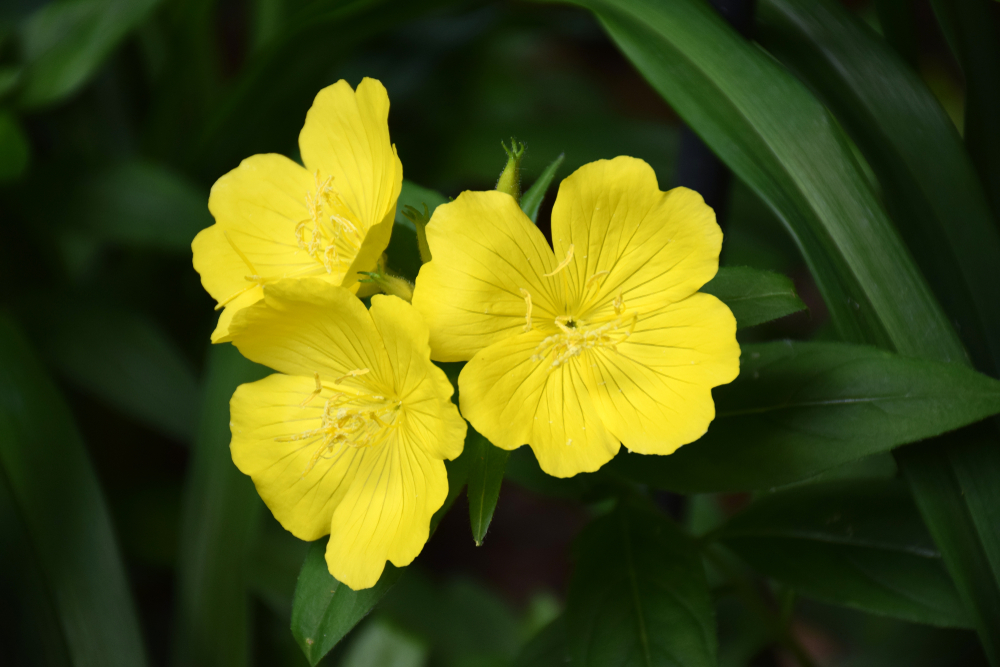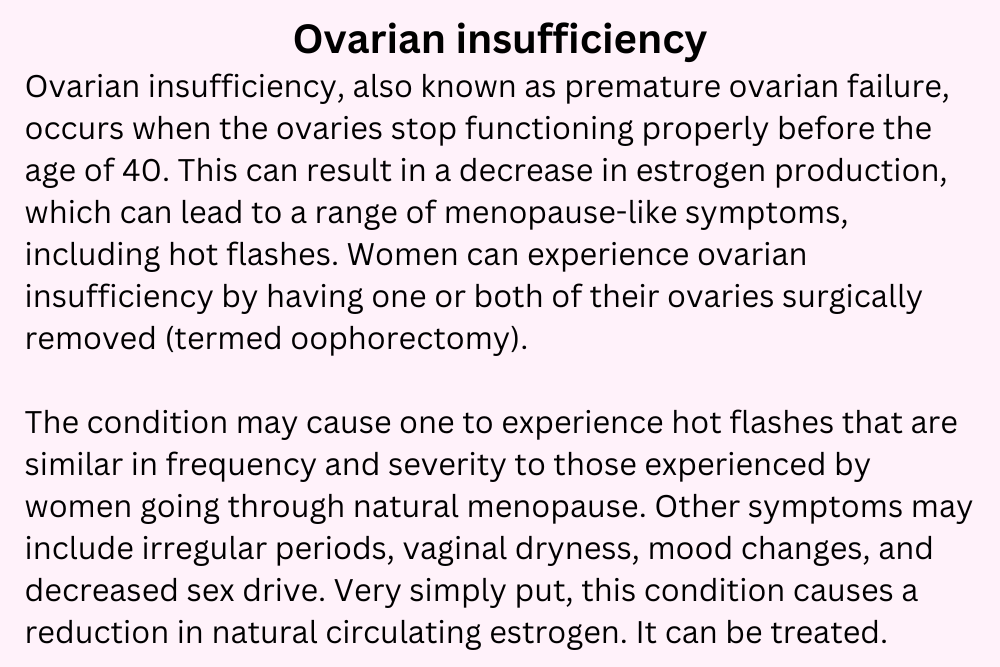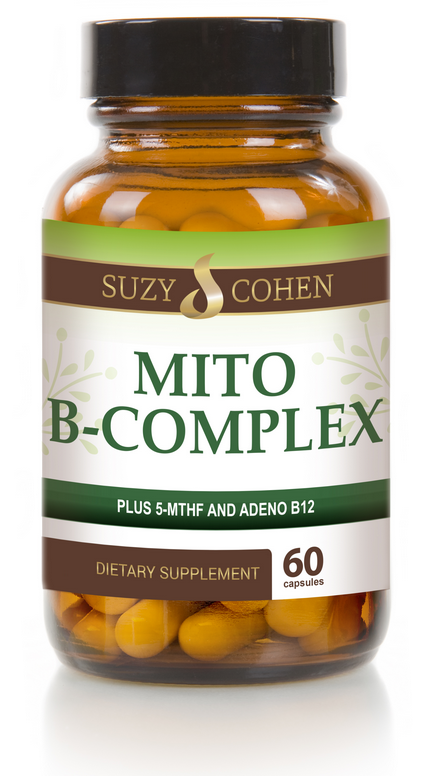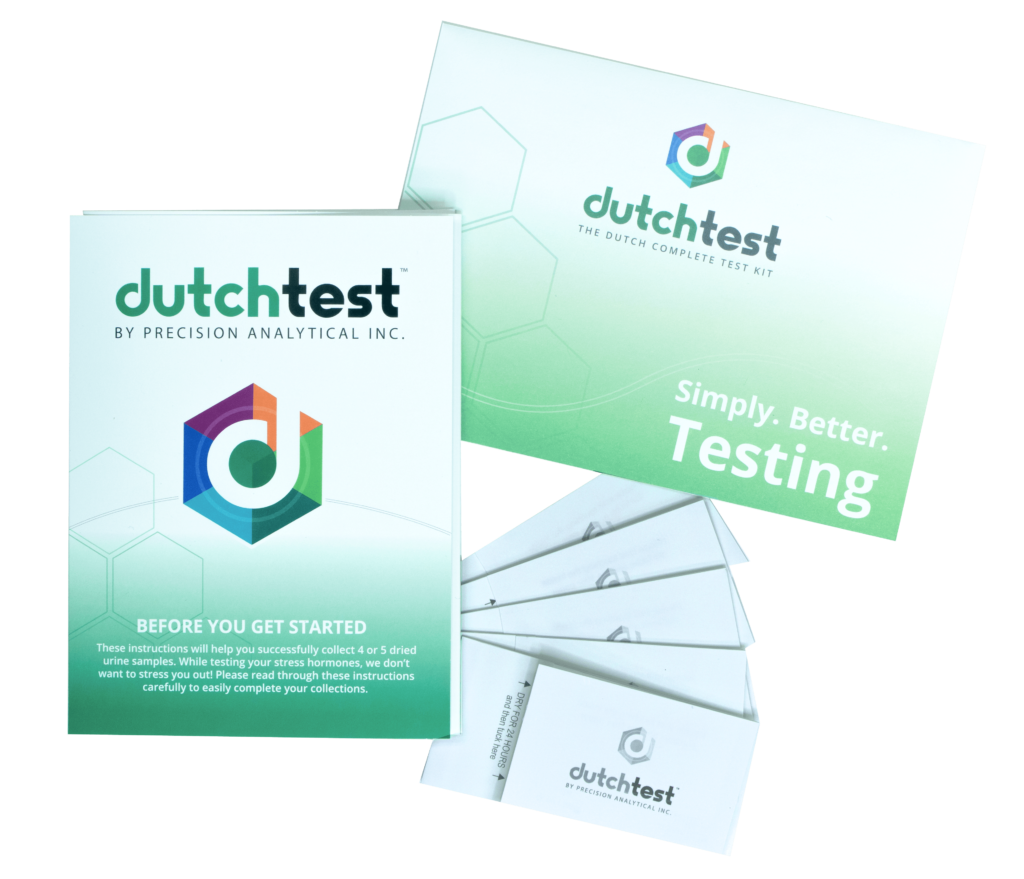What's On This Page?
ToggleHot flashes are the most common symptom of menopause, affecting up to 75% of women. The frequency and severity of hot flashes can vary widely among women, with some experiencing only a few per year and others experiencing several per day. Some lucky women, including myself, never even get one!
Hot flashes can come and go, but the period of time that you might get one could last up to 10 years! Certain factors may increase the likelihood of experiencing hot flashes, including family history, smoking, obesity, adrenal conditions, stress, and the use of certain medications.
While hot flashes are a common symptom of menopause, they can also occur in women who have ovarian insufficiency, or those undergoing cancer treatment. I made an image below for you to learn more about that condition.
Hormones are the mainstay, and people take “HRT” or hormone replacement therapy. I think a common mistake women make is taking hormones equivalent to those produced by a 20-year-old woman when they are 60 years old, for example. I don’t think ‘industrial size’ hormone doses should be given to older women! The DUTCH Test is a great way to do an at-home urine test and see how much hormone you make, and break down: READ THIS.
The same applies to men, who at 78 years old, for example, may inject themselves with testosterone equivalent to what a 25-year-old man produces. It may help with muscle atrophy, sex drive, and mood, however, it is dangerous for your prostate and any unknown hormone-driven cancers in the body.
If you attempt hormone replacement (HRT), and I do support that, make sure you just dial it back a little and go slowly. I’ll share more about bioidentical hormones and HRT later on. With these cautions out of the way, let’s talk about what works!
Here are the 10 best things you can take to relieve hot flashes:
1. Black cohosh
This herb has been used for centuries to treat menopause symptoms, including hot flashes. Black cohosh may work by acting on serotonin receptors in the brain, helping to regulate body temperature.
2. Red clover
Red clover is a plant that contains phytoestrogens, compounds that can mimic the effects of estrogen in the body. Some studies have suggested that red clover may reduce the frequency and severity of hot flashes.
3. Sage
Sage is an herb that has been traditionally used for its cooling properties. Some studies have suggested that taking sage supplements may reduce the frequency and severity of hot flashes.

4. Evening primrose oil
This oil is derived from the seeds of the evening primrose plant and contains a fatty acid called gamma-linolenic acid (GLA). Some studies have suggested that taking evening primrose oil supplements may reduce the frequency and severity of hot flashes.
5. Flaxseed
As mentioned earlier, flaxseed contains lignans, which may help balance hormone levels and reduce hot flashes. Flaxseed can be added to a variety of foods or consumed in supplement form.
6. Vitamin E
Vitamin E is an antioxidant that has been studied for its potential benefits in reducing hot flashes. Some studies have suggested that taking vitamin E supplements may reduce the frequency and severity of hot flashes in some women.
7. B complex vitamins
In addition to vitamins B6 and B12, other B vitamins such as thiamine, riboflavin, and niacin may also be beneficial for hot flashes. B vitamins play a role in hormone regulation and may help reduce stress, which can trigger hot flashes. I have a great brand of “methylated” B Complex called Mito B Complex. It’s available on my personal Vitamin SHOP, and on AMAZON.
8. Ginseng
Ginseng is a herb traditionally used for menopause symptoms, including hot flashes. Some studies have suggested that ginseng may reduce the frequency and severity of hot flashes.
9. Maca root
Maca is a plant that grows in the Andes Mountains and has been used traditionally for hormone balancing. Some studies have suggested that maca may reduce hot flashes in postmenopausal women.
10. Bioidentical hormones
These are a type of HRT, and in my opinion, are the best option for hot flashes because they are hormones that are chemically identical to those produced naturally in your body. You can get bioidentical estrogens and progesterone, as well as DHEA and testosterone. I’ll spend a little more time on this option because it is the most effective, fastest way.
This option requires a prescription by a medical doctor, specifically a hormone expert. Bioidentical hormones work for hot flashes because they replace the declining levels of estrogen and progesterone that occur during menopause or other hormonal imbalances, such as ovarian insufficiency. Speaking of progesterone, you might be interested in reading, Weight Gain, Hot Flashes and Depression All Tied to Low Progesterone.
When used in appropriate doses, bioidentical hormones can help to minimize the frequency and intensity of hot flashes by reducing fluctuations in estrogen. After all, that’s what triggers them in the first place. Bioidentical hormones can be prescribed in a variety of forms, including pills, patches, creams, gels, or injections, and can be tailored to an individual’s specific hormone needs. Before testing your own levels of hormones, read this blog about The DUTCH Complete Test – The #1 Guide to Hormone Testing.
Talk to your doctor about the risks and benefits, and make sure you receive regular monitoring.

Summary
Hot flashes are a common symptom of menopause are a natural, normal part of aging and do not require treatment. However, their discomfort of them often causes women to seek treatment, either from a doctor or self-treatment using herbal remedies.
One thing that didn’t make my top 10 list above is soy. Soybeans contain isoflavones, which are plant-based compounds that can mimic (but not replace) the effects of estrogen in the body. Because hot flashes can be caused by declining levels of estrogen during menopause, some people turn to soy milk or tofu for treatment, however, results from studies have been mixed.
Furthermore, women with a history of certain cancers or thyroid conditions may need to avoid soy due to its estrogenic effects on hormones. In addition, soy products can be allergenic to sensitive people.
If you’re considering treatment for hot flashes see an expert in hormones and keep experimenting to see what works best for you. If this article interests you, take 5 more minutes to read my other blog entitled,

Suzy Cohen, has been a licensed pharmacist for over 30 years and believes the best approach to chronic illness is a combination of natural medicine and conventional. She founded her own dietary supplement company specializing in custom-formulas, some of which have patents. With a special focus on functional medicine, thyroid health and drug nutrient depletion, Suzy is the author of several related books including Thyroid Healthy, Drug Muggers, Diabetes Without Drugs, and a nationally syndicated column.


